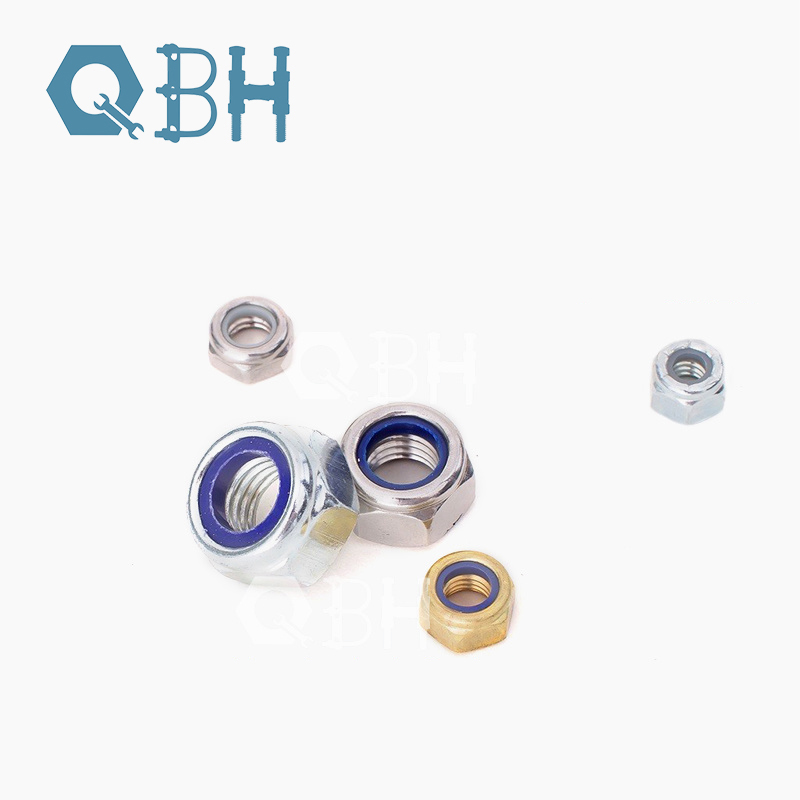Where Are Flange Nuts Used?
2025-04-09
Flange nuts may be small, but they play a big role in countless mechanical and structural applications. If you've ever worked on a car, built machinery, or assembled heavy equipment, there's a good chance you've encountered a flange nut—even if you didn’t know what it was called.
In this blog, we’ll explore where flange nuts are used, why they’re chosen over regular nuts, and how they help improve the reliability and efficiency of assemblies.
What Is a Flange Nut?
A flange nut is a type of hex nut that has a built-in wide washer-like base (called the flange) at one end. This flange helps distribute the clamping force of the nut over a larger area, reducing the chance of damage and loosening. Some flange nuts come with serrations on the flange to provide extra grip and prevent rotation.

Common Uses of Flange Nuts
1. Automotive Industry
One of the most widespread uses of flange nuts is in automotive manufacturing and repair. They’re found in:
- Suspension systems
- Chassis connections
- Engine components
- Exhaust systems
Because flange nuts offer a strong, vibration-resistant hold, they are ideal for cars and trucks that undergo constant motion and stress.
2. Heavy Machinery and Construction Equipment
Flange nuts are often used in bulldozers, cranes, tractors, and other construction or agricultural equipment. These machines require strong, secure connections that can handle rough working conditions and heavy loads. The built-in flange helps ensure a tight fit, even in rugged environments.
3. Industrial Machinery
From conveyor belts to manufacturing robots, industrial machinery relies on flange nuts for secure fastening without the need for a separate washer. This not only saves time during assembly but also ensures a more compact and reliable joint.
4. Metal Framing and Structural Steel
In steel framing, bridge building, and infrastructure, flange nuts are used to connect beams and plates. Their large surface area reduces stress concentration, making them suitable for high-load applications.
5. Home and DIY Projects
Though more commonly found in industrial settings, flange nuts can also be useful for DIYers and home repair enthusiasts, especially in projects involving:
- Furniture assembly
- Home-built trailers
- Garden equipment repairs
They’re especially handy where a washer would be hard to fit or might fall off during assembly.
Why Use Flange Nuts?
- Built-in washer: Saves time and effort
- Even pressure distribution: Reduces surface damage
- Anti-loosening features: Serrated versions resist vibration
- Simplified assembly: Ideal for automated production lines
Final Thoughts
Flange nuts are a small but powerful component used across industries where strength, stability, and resistance to vibration are essential. Whether in a car engine, a crane on a construction site, or a DIY trailer build, flange nuts make connections stronger and more reliable—proving that sometimes, it’s the little things that hold everything together.


